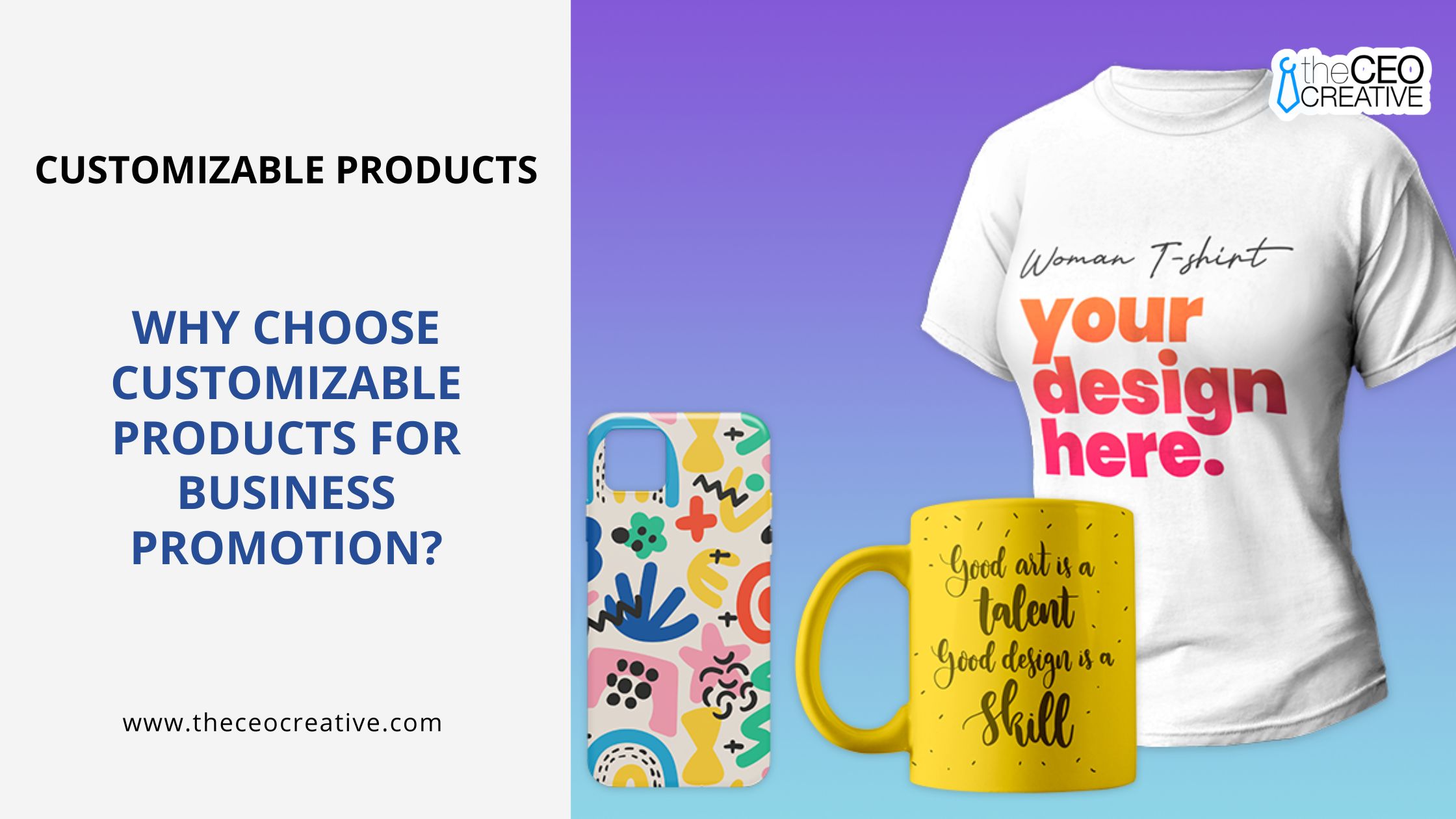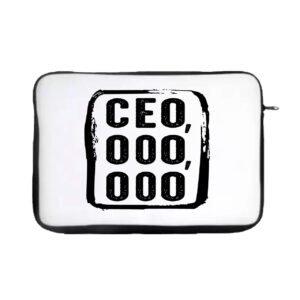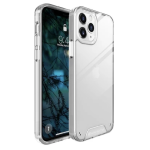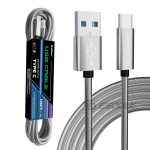Introduction
In today’s competitive market, companies are always looking for new ways to be unique and connect with their customers. One effective method that has become very popular is using customizable products for business promotion. By providing personalized items that match individual tastes, businesses can build stronger customer connections, increase brand loyalty, and boost sales.
The Power of Personalization
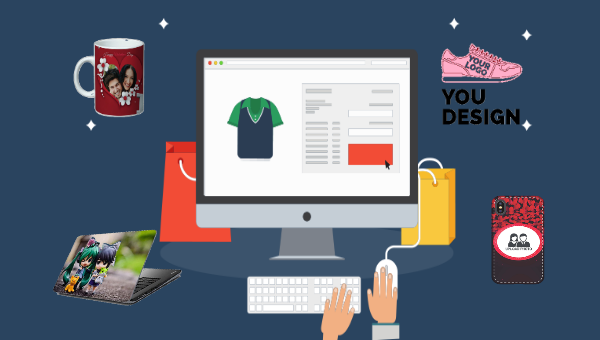
Customization is more than just a popular idea; it’s a smart way to use people’s wish for being unique. When customers can make products their own, they feel a stronger connection to the brand. This deeper involvement can result in happier customers, good reviews, and more repeat sales.
How Customizable Products Elevate Your Brand
- Building Brand Awareness and Recall:
- Special Products: Items like clothes, accessories, and tech gadgets that are made just for your brand act like moving ads. Each time someone uses your custom water bottle or wears your branded shirt, they quietly help promote your business.
- Unforgettable Gifts: Customized presents and promotional items make a strong impact on the people who receive them, making your brand more noticeable and easier to remember. Go beyond the usual pen with a logo – think about custom phone holders, engraved keychains, or special stationery.
- Enhancing Customer Engagement and Loyalty:
- Engaging Interactions: Customization lets customers take part in making their own products, which makes them feel more connected and proud of what they’ve created. Picture someone designing a phone case with their name or a special saying – that’s a really meaningful experience!
- Special Suggestions: By using data and AI, you can give customers product ideas that match their tastes, making their shopping better and boosting sales. For instance, if a customer often buys items with flower designs, recommend phone cases or bags with similar patterns.
- Social Media Hype: Motivate customers to post pictures of their customized items on social media, creating content made by users and spreading your brand’s name. Hold contests or give rewards to encourage sharing, turning your customers into brand promoters.
Another Ways to Elevate Your Brand
- Driving Sales and Increasing Revenue:
- Premium Pricing: Customized products usually cost more because they are unique and valuable. People are happy to pay extra for something that is personalized and special.
- Reduced Purchase Hesitation: Personalization meets individual needs and tastes, making customers more likely to buy. When a product feels made just for them, they feel less unsure and more confident about their purchase.
- Targeted Promotions: Provide special customization options or discounts to certain groups of customers to boost sales. For instance, offer custom embroidery to customers who have bought similar items before.
- Gaining Valuable Insights:
- Making Decisions Based on Data: By looking at what customers choose when they customize products, you can learn a lot about what they like, what’s popular, and what new things they might want. This information can help you decide what new products to make, how to market them, and other important business choices. For instance, if a certain color or style is very popular, you might want to add it to your main products.
Key Considerations for Implementing Customization
- Technology and Tools: Use easy-to-use tools and platforms that help customers customize their products quickly and enjoy the process. Make sure the design tools are simple and have clear directions.
- Inventory Management: Keep track of your inventory well so you can offer customization without wasting materials. Think about making products only when ordered or using a mix of ready-made parts and customizable options.
- Quality Control: Make sure all customized products are high quality to keep customers happy. Check the quality carefully at every step of making the product to meet your brand’s standards.
- Customer Support: Offer great support to help customers with any questions or issues about customization. Provide easy ways to contact you and quick responses to guide them through the process.
The Future of Customization
Personalized Experiences: Thanks to improvements in AI and data analysis, companies can now offer even more customized choices, predicting what customers like and giving them truly special experiences.
Efficient Custom Products: New tech like 3D printing lets businesses make personalized items quickly, almost like mass production, making it hard to tell the difference between custom and mass-made goods.
Customer Collaboration: More brands are letting customers help design products, which makes people feel part of a team and builds a sense of community.
By using customization, businesses can find many ways to promote their brand, keep customers interested, and grow sales. By understanding the advantages and using customization well, you can make your brand stand out and leave a strong impression on your customers.
Beyond the “What”: Exploring the “Why” of Customer Choice
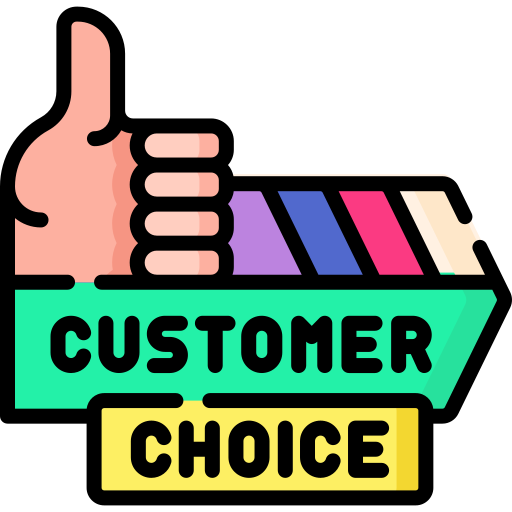
We’ve talked about how customization helps businesses grow, but let’s look at why customers like it so much. This knowledge is important for making really good customized products.
- People want to be unique: In a world where everything is made the same, people want to stand out. Customized products let them show off their personality, hobbies, and fashion sense, making them feel special and different.
- They need things that work well: Customization lets customers adjust products to fit their exact needs and tastes. This is very important for things like clothes, where fit and comfort matter a lot, or gadgets, where how well they work is crucial.
- They feel a strong connection: A personalized gift, like a piece of jewelry with a special message, has a lot of meaning. This emotional connection makes customers feel closer to your brand.
- Enhanced User Experience: Customization can improve the overall user experience by making products more intuitive and enjoyable to use. Imagine a software dashboard tailored to your specific workflow – it’s more efficient and satisfying.
Customization Across Industries: Not Just a Trend, but a Transformation
Customization is no longer just for small groups of people. It’s now a part of many different industries, changing how companies work with their customers.
- Fashion and Clothing: The fashion industry now offers custom-printed t-shirts and suits made just for you. This lets customers show off their style and get clothes that fit perfectly.
- Food and Drinks: Meal kit services and custom-blended drinks now meet individual dietary needs and tastes. Imagine getting a coffee subscription that sends blends made just for your taste!
- Technology: Customizable laptops, smartphones, and software give users control over how their devices work and what features they have. This lets people create a tech setup that fits their needs perfectly.
- Home Decor: Personalized furniture, wall art, and home accessories help people create a unique and comfortable living space. This even includes services like interior design, where customization is very important.
- Healthcare: Personalized medicine and treatment plans are becoming increasingly common, tailoring healthcare to individual needs and genetics. This promises more effective and targeted healthcare solutions.
Ethical Considerations in Customization
As customization gets more advanced, it’s crucial to think about ethical issues:
- Data Privacy: When gathering and using customer data for personalization, it’s important to do it carefully and openly, respecting privacy and getting permission.
- Sustainability: Customization can create more waste if not handled well. Companies should use sustainable materials and methods to reduce their impact on the environment.
- Accessibility: Make sure customization options are available to everyone, no matter their physical or mental abilities. Create user-friendly tools and interfaces that meet different needs.
By carefully considering these ethical issues, businesses can gain their customers’ trust and make sure customization continues to be a positive force.
Customization as a Storytelling Tool
Imagine each customizable product as a blank canvas for your brand’s story. By providing unique design options, you can:
- Show your brand values: Offer choices that show your company’s dedication to sustainability, social responsibility, or creativity. For example, a clothing brand focused on sustainability could offer custom options using organic cotton and recycled materials.
- Highlight your brand’s history: Use design elements that relate to your company’s past or founding story. A clothing brand with a vintage feel could offer custom embroidery with retro fonts and graphics.
- Connect with customer interests: Provide choices that match your audience’s hobbies and passions. A sports equipment company could offer custom jerseys with team logos and player names.
By integrating your brand’s story into the customization process, you create a more meaningful and memorable experience for your customers.
Measuring the Impact of Customization
How can you tell if your personalization strategy is successful? Here are some important things to measure:
- **Conversion rates**: Do customers who use personalization options end up buying more often?
- **Average order value**: Do personalized products make customers spend more money?
- **Customer lifetime value**: Do customers who buy personalized products stay loyal and keep coming back?
- **Social media engagement**: Are customers sharing their personalized products online, creating excitement and making more people aware of your brand?
- **Customer satisfaction**: Are customers happy with their personalized products and the whole experience?
By keeping an eye on these things, you can see how well your personalization strategy is working and make smart changes to improve it.
Customization and the Power of Community
Personalization can help build a sense of community among your customers. Here’s how:
- Create a shared experience: Encourage customers to share their personalized creations with each other, which helps them feel connected and part of a group with similar interests.
- Involve customers in the design process: Ask for their feedback and ideas on new personalization options, making them feel like they’re part of the creative process.
- Host contests and challenges: Encourage customers to show off their creativity with personalized products, which can lead to friendly competition and more engagement.
By creating a community around personalization, you can improve customer relationships and build a loyal fan base for your brand.
Overcoming Challenges in Customization

Customization has many advantages, but it also comes with difficulties:
- Handling complexity: Providing many customization choices can be complicated, needing good inventory control and efficient production methods.
- Cost and value balance: Customization can cost more than usual production. It’s important to find the right mix between cost and what customers think is valuable.
- Meeting customer needs: Clear communication and accurate previews are necessary to make sure customers are happy with their customized items.
By dealing with these issues ahead of time, businesses can make sure customers have a good and successful customization experience.
The Final Word: Embrace the Power of Personalization
Customization isn’t just a temporary fad; it’s a major change in how businesses deal with their customers. By using the strength of personalization, you can make more interesting experiences, build better relationships, and achieve long-term growth. As technology keeps improving, the chances for customization are limitless. So, take the chance to connect with your customers on a more personal level and create products that really show their unique qualities.

